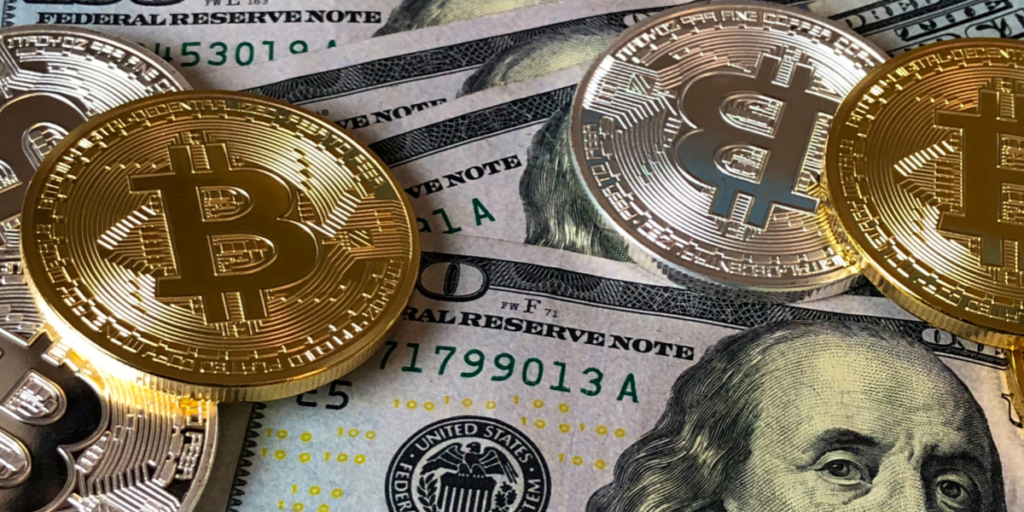Our Locations
Ahmedabad, Gujarat
Private key: Your private key is the most critical part of a crypto wallet. It acts like a password or digital signature that enables you to access and control your cryptocurrency. Basic rules for conducting tastings Your private key must remain secure and private because if someone gains access to it, they can control your funds.
Trust Wallet Security Scanner: The Trust Wallet Security Scanner is a built-in feature designed to enhance user safety by scanning transaction addresses for potential risks. When you initiate a transaction, the Security Scanner evaluates the recipient address against various data points and trusted security partners. If the Security Scanner identifies a potential risk, it proactively alerts you through warning messages.
Wallets are free for consumers but cost retailers. Wallet sellers may receive a portion of merchant purchases made through their wallets. In other circumstances, digital wallet vendors conduct cardholder-merchant transactions for a set fee.
Some centralized crypto exchanges also offer staking-as-a-service, in which you technically lend your crypto to the exchange, and it stakes it for you, offering you 70% or more of the yield generated.
Interested in earning crypto while you shop? StormX offers just that. You can browse and shop at over 1,000 online stores, activate the reward, and check out as usual. Depending on your StormX Reward level, you can earn Crypto Cashback ranging from 0.5% to over 87.5%. Once you’ve reached $10 or more in rewards, withdrawing them to your crypto wallet is a breeze.
As the largest crypto exchange globally, Binance knows a thing or two about crypto. Join their Learn and Earn program to tackle quick quizzes and tasks about various cryptocurrencies, and you can pocket up to US$100 worth of free crypto.
Exchanges like Gemini and Coinbase also offer credit and debit cards, respectively, that allow you to earn crypto rewards for making everyday purchases. With both cards, you can choose the crypto you want to earn.
Frank Corva is business-to-business (B2B) correspondent for Bitcoin Magazine and formerly the cryptocurrency writer and analyst for digital assets at Finder. Frank has turned his hobby of studying and writing about crypto into a career with a mission of educating the world about this burgeoning sector of finance. He worked in Ghana and Venezuela before earning a degree in applied linguistics at Teachers College, Columbia University. He also taught writing and entertainment business courses in Japan and worked with UNICEF in Namibia before returning to the US to teach at universities in New York City. Earlier in his career, he spent years working as a publicist and graphic designer for record labels like Warner Music Group and Triple Crown Records. During that time, he was also a music journalist whose writing and photography was in published in Alternative Press, Spin and other outlets. See full bio

During the crypto bull run of 2021, a handful of public companies made significant cryptocurrency investments. It was a record-breaking year for crypto, but most of those gains were wiped out in 2022. Federal Reserve rate increases and a series of crises—from TerraUSD to FTX—weighed heavily on the industry.
In January 2024 the SEC approved 11 exchange traded funds to invest in Bitcoin. There were already a number of Bitcoin ETFs available in other countries, but this change allowed them to be available to retail investors in the United States. This opens the way for a much wider range of investors to be able to add some exposure to cryptocurrency in their portfolios.
Randi Zuckerberg, a former director of market development and spokeswoman for Facebook and sister to Meta Platforms CEO Mark Zuckerberg, is a member of The Motley Fool’s board of directors. Anders Bylund has positions in Bitcoin, Cardano, Coinbase Global, Ethereum, and Nvidia. The Motley Fool has positions in and recommends Advanced Micro Devices, Bitcoin, Block, Cardano, Coinbase Global, Ethereum, Mastercard, Meta Platforms, Nvidia, PayPal, Shopify, and Visa. The Motley Fool recommends CME Group and recommends the following options: long January 2025 $370 calls on Mastercard, long January 2027 $42.50 calls on PayPal, short December 2024 $70 calls on PayPal, and short January 2025 $380 calls on Mastercard. The Motley Fool has a disclosure policy.
E-commerce infrastructure and software provider Shopify (SHOP 21.04%) allows merchants using its platform to accept cryptocurrencies as payment. It recently deepened its capability by integrating with cryptocurrency payment processor CoinPayments. In the spring of 2020, Meta’s Facebook Shops was announced as a new offering for small business e-commerce, with Shopify as a third-party software provider powering the new online stores. Together, Meta and Shopify are primed to benefit if the adoption of digital assets continues among small businesses and entrepreneurs.